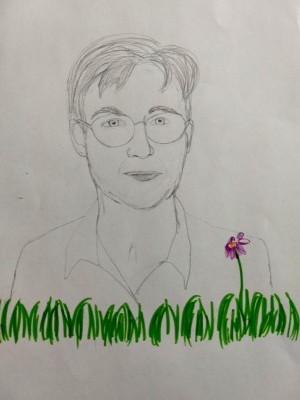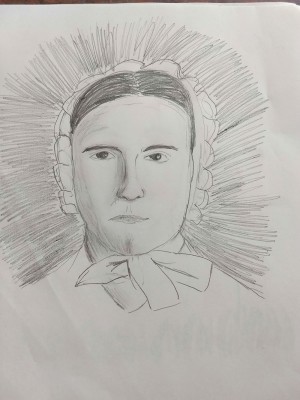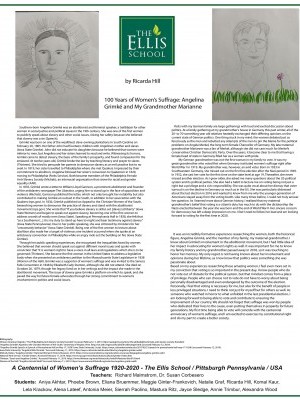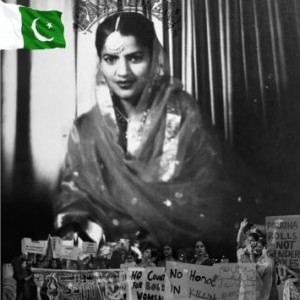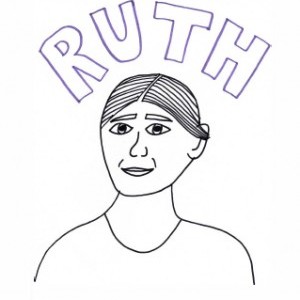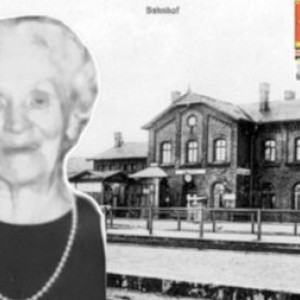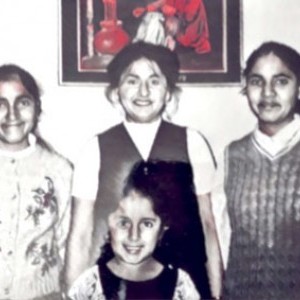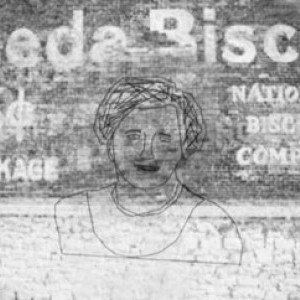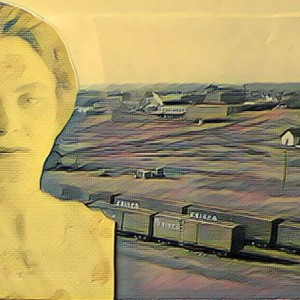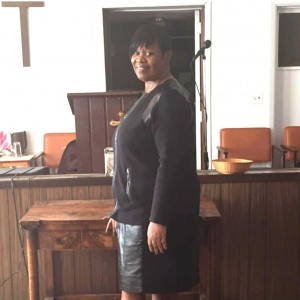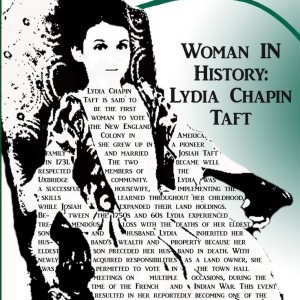Ricarda Hill
The Ellis School | Pittsburgh, PA | 11th Grade
Inspirational Family Member
My German Grandmother
Visits with my German family are large gatherings with loud and excited discussion about politics. At a family gathering at my grandmother’s house in Germany this past winter, all of the 20 to 70-something year old relatives heatedly exchanged their differing opinions on the current state of German politics. One thing stuck in my mind: the women debated just as ferociously as the men and rebutted any attempts of the men to pin the blame for the political problems on Angela Merkel, the long-term female Chancellor of Germany. My late maternal grandmother Marianne was a fan of Merkel, although she did not care much for Merkel’s conservative Christian Democratic Party. Over the years, it became clear to me that having a female head of state in Germany filled her as a woman with pride.
My German grandmother was not the first woman in my family to vote. It was my great-grandmother who voted first when Germany instituted women’s suffrage right after World War I in 1919. My grandmother was, however, an avid voter. Born in 1933 in Southwestern Germany, she missed out on the first free election after the Nazi-period in 1949. In 1952, she cast her vote for the first first time on the state level at age 19. Thereafter, she never missed another election. As I grew older, she asked me many questions about the US political system and its political parties. She also had a habit to lecture me on voting being not just a right but a privilege and a civic responsibility. She was quite vocal about her dismay that voter turnout is on the decline in Germany as much as in the US. She was particularly distressed about the last election in 2016 and wanted to know from me why the younger generation of Americans stayed away from the voting booth. Like many times before, I could not truly answer her question.
As I learned more about German history, I realized that my maternal grandmother’s belief that voting is a citizen’s duty has much to do with the dictatorship the Nazis erected between the year she was born and the end of World War II. Her sincere concern for democracy has left a deep impression on me. I feel I need to follow her lead and am looking forward to voting for the first time in 2020.
Historical Figure I Admire
Angelina Grimké
Southern-born Angelina Grimké was an abolitionist and feminist speaker, a trailblazer for other women in social justice and political issues in the 19th century. She was one of the first women to publicly speak about slavery and other social issues, risking her safety because she believed that slavery was a sin (Speech).
Grimké was born on one of the wealthiest slave-owning plantations in South Carolina on February 20, 1805. Her father John had fourteen children with Angelina’s mother and slaves (Iowa State Grimké). John did not educate his daughters because he believed that women were inferior to men, but Angelina and her sisters learned to read and write. Witnessing its horrors, Grimké came to detest slavery, the basis of the family’s prosperity, and found compassion for the enslaved. At twelve years old, Grimké broke the law by teaching literacy and prayer to slaves (Thirteen). She tried to persuade her parents to denounce slavery as an evil practice but to no avail. In 1819, her sister travelled to Philadelphia where she met Quakers. Impressed by their commitment to abolition, Angelina followed her sister’s conversion to Quakerism in 1829, moving to Philadelphia (Parks Service). Both became members of the Philadelphia Female Anti-Slavery Society (Michals), an interracial organization that strove for racial and gender equality (AAR).
In 1835, Grimké wrote a letter to William Lloyd Garrison, a prominent abolitionist and founder of the antislavery newspaper The Liberator , urging him to stand up in the face of opposition and violence (Michals). Garrison published the letter, which not only brought her notability but also contributed to making Grimké an outcast in the South, in addition to her association with the Quakers (nps.gov). In 1836, Grimké published an Appeal to the Christian Women of the South, beseeching women to denounce the practice of slavery and stand with the abolitionist movement (nps.gov). She wrote that “If you believe slavery is sinful, set [slaves] at liberty” (Iowa State Women) and began to speak out against slavery, becoming one of the first women to address crowds of mostly men (Iowa State). Speaking at Pennsylvania Hall in 1838, she felt that: “ as a Southerner [...] it is my duty to stand up here to-night and bear testimony against slavery” (Iowa State Pennsylvania). Due to her public speaking, she was criticized by ministers for her “unwomanly behavior” (Iowa State Grimké ). Being one of the first women to lecture about abolition also made her a target of violence; one incident occurred when she spoke at an antislavery convention in Philadelphia while an angry mob set the building on fire (Iowa State Grimké ).
Through her public speaking experiences, she recognized the inequalities faced by women. She believed that women should speak out against different moral issues and spoke with conviction that “it is woman’s right to have a voice in all laws and regulations which she is to be governed." (Thirteen) She became the first woman in the United States to address a legislative body when she presented an antislavery petition to the Massachusetts State Legislature in 1838 (Women of the Hall). Grimké was a supporter of women’s suffrage and was invited to the Seneca Falls Convention in 1848 by Elizabeth Cady Stanton, although she did not attend. She died on October 26, 1879, though her legacy lived on in her writings and the impact she made in the abolitionist movement. The issue of slavery gave Grimké a platform on which to speak, and she paved the way for future female advocates through her strong commitment to women’s involvement in politics and social issues.
SOURCES +
What the Project Means to Me
It was an incredibly formative experience researching the women, both the historical figure, Angelina Grimké, and the member of my family, my maternal grandmother. I knew about Grimké’s involvement in the abolitionist movement, but I had little idea of her impact in advocating for women’s rights as well.
It was important for me to know my family history and my grandmother passed away in 2018, so it was touching to honor her memory. My only regret is not having known about her involvement and opinions during her lifetime, as I now know that politics were something she was passionate about. Based on my experiences researching these amazing women, I feel even more set in my conviction that voting is so important in the present day. I know people who do not vote out of distaste for the political system, but that mindset comes from a place of privilege. People who can choose not to vote do not have to worry about being personally disadvantaged and even endangered by the outcome of the election. Personally, I feel that voting is necessary for me, but also for the benefit of people in less privileged situations. I need to think not just for myself but for others as well.
As someone who watched in horror to what unfolded in the last presidential election, I am looking forward to being able to vote and contribute to ensuring the improvement of our country. We should not forget that suffrage was won by people who dedicated their lives to the cause, even putting themselves in jeopardy for future generations. My first time being able to vote will coincide with the centennial anniversary of women’s suffrage, and I am excited to exercise my constitutional right and do my part to create a better society.
Explore the Archive
More From This Class
Click on the thumbnails below to view each student's work.Deadline Extended
There's still time to join Women Leading the Way.
Become a part of our storytelling archive. Enroll your class today.
Join the Project

